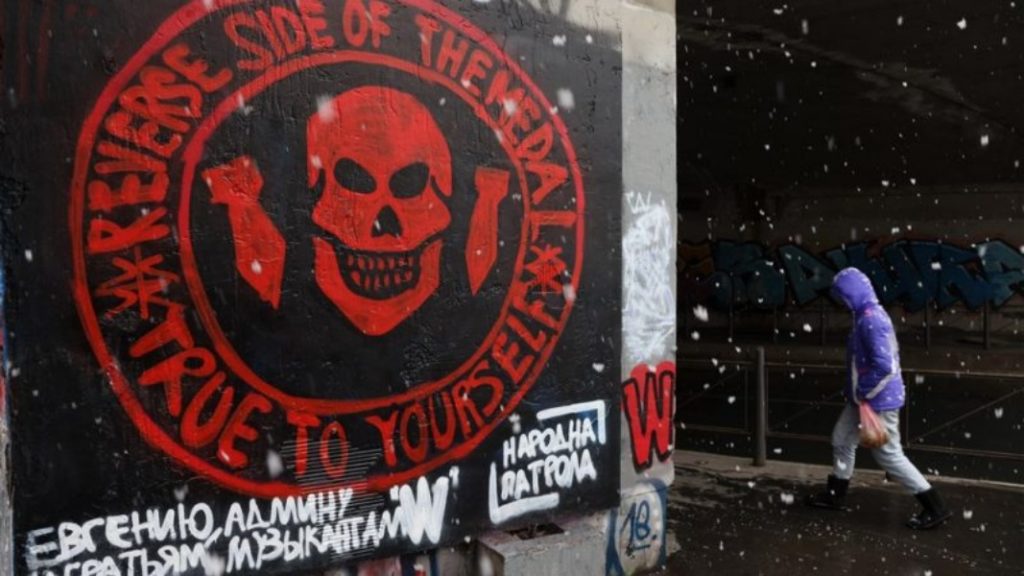Kosovo has implemented US sanctions on the Russian mercenary Wagner Group, de facto designating them a significant transnational criminal organisation, as fears about the group being active in the region remain, reported EURACTIV.
In January, the US Treasury Department enforced sanctions against the group linked to Russian President Vladimir Putin.
On Wednesday, Kosovo’s Prime Minister Albin Kurti announced the country’s alignment with the decision, stating that the mercenaries are “threatening and undermining the sovereignty and territorial integrity of Ukraine.”
Deputy Prime Minister Besnik Bislimi said that the US sanctions were designed to decrease Russia’s capacities to wage war on Ukraine.
“For this reason, the Ministry of Foreign Affairs and Diaspora of Kosovo proposes supplementing and amending the decision of the Government of Kosovo for the implementation of international sanctions imposed by the USA, which are implemented by our Republic in relation to the international obligations against the Wagner group as well as their associates and other companies that support the Russian military campaign,” he added.
But Kosovo’s reasons for sanctioning Wagner could also stem from the group’s reported activity in the Western Balkans.
In January 2023, REL reported that the group was recruiting in the region through links to right-wing organisations. This prompted reactions from the US and is likely to have pushed the Treasury to impose additional sanctions.
In Serbia, the right-wing People’s Patrol leader, Damjan Knezhevic visited the Wagner Military Technology Centre in Russia. Murals supporting the group have also appeared around Belgrade since the war in Ukraine broke out. In addition, Russia Today Balkan was condemned for publishing an advert by Wagner seeking ‘volunteers.
Asked about the advert, Serbian Foreign Minister Ivica Dacic said he had not heard of it and that Serbia punishes those who participate in wars abroad. President Aleksander Vucic slammed the groups for publishing adverts in Serbian.
“Why do you do that to Serbia?” Vucic said, adding, “Why do you, from Wagner, call anyone from Serbia when you know that it is against our regulations?”. It is illegal for a Serbian citizen to partake in a foreign war, and several have been sentenced for doing so.
Russia Today has been banned across the EU since 2022 but started operating in Serbia in November of that year. Serbia has failed to align itself with most of the sanctions against Moscow from the EU and the US.
Bosnian intelligence services also reported activities of the group in the country.
Meanwhile, in February, Serbian police arrested five people on suspicion of calling for the violent overthrow of the government and of possessing arms. The men allegedly had links with the Wagner Group and took part in a protest alongside far-right groups, demanding President Aleksander Vucic rejects the EU-backed plan to normalise relations with Kosovo.
But in Pristina, the authorities have levied accusations at Belgrade for working with the group to the detriment of Kosovo.
President Vjosa Osmani said the Wagner Group is working with Serbian paramilitaries to smuggle weapons into Kosovo and that a possible hybrid attack to annex parts of the country could be in the works.
“They bring weapons and uniforms, but they are not formally part of the Serbian army,” Osmani told The Telegraph.
“If you look at what Putin did in 2014, it is the same game. He instrumentalised Russians living in Crimea, then set up false flag operations, and finally sent in these paramilitary groups. There is clear evidence that Serbian paramilitary groups organised this with Wagner,” she said.
Vucic has denied that Wagner has a presence in Serbia.

